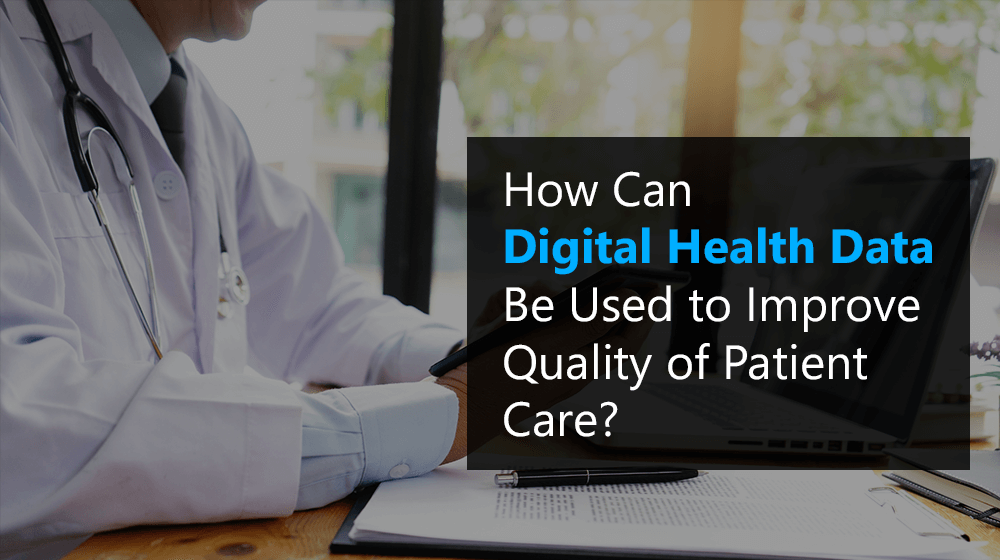Saving lives is a challenging task, especially when patient data is unorganized and inaccessible. Overworked medical professionals have limited time, and the pressure to provide the best care only increases. To address this issue, hospitals need medical transcription services to create a well-documented and accurate patient database. Additionally, these services significantly improve overall hospital management.
Medical Transcription Services In Hospitals
Medical transcription services in hospitals are not just to enhance management and patient care but also to adhere to the regulations in the healthcare industry. Hospitals need these services to maintain the right balance between these three aspects. Here are some points highlighting the importance of professional transcription services for the hospitals:
Improving Doctor- Patient Ratio
A well-managed healthcare system constantly works towards improving the doctor-patient ratio.
For those unversed, the patient ratio is the number of doctors available to certain patients within a given population. In the US, The supply of professionally active physicians in patient care per 10,000 U.S. residents was 28.2.
Medical transcription services can help make this even better as they ease the burden of doctors, who also have to pay attention to proper documentation and record keeping. With a lesser administrative burden, doctors can solely focus on their roles.
Accessible Medical Records
A hospital’s role includes treating patients and managing detailed records to ensure continuity of care. These records help healthcare providers access patient history for effective treatment and assist researchers and policymakers in addressing health issues and allocating resources efficiently.
Medical transcripts are essential for maintaining organized and accurate patient records, reducing errors and administrative burdens. Digital storage on secure servers enhances accessibility, data accuracy, and patient care.
Streamlining Billing and Insurance Claims
Well-organized patient records and associated documents streamline the billing process, providing concise details about the treatment cost and other requirements. Also, accurate transcripts help with insurance claims because patients need to present several documents for a successful claim.
In the case of the US, this also becomes about following certain regulations like the Health Insurance Portability and Accountability Act (HIPAA) which requires healthcare providers, insurance companies, and their business associates to keep electronic health information secure. They must use safeguards like encryption, passwords, and secure networks to protect your data from unauthorized access.
Enhanced Hospital Reputation and Patient Trust
Medical transcription services maintain a detailed and concise record of patients, who trust the management and look forward to future visits without hesitation. Also, in the case of healthcare, reputation comes from word of mouth, spreading quickly. For instance, hospitals known for their meticulous record-keeping and transparent communication of medical information can attract more patients, enhance their reputation, and increase patient satisfaction scores, leading to a cycle of trust and growth.
Following Regulatory Initiatives
Healthcare regulations in the US make it important for hospitals to consider efficient patient data management, supported by medical transcription services. For instance, The Health Information Technology for Economic and Clinical Health (HITECH) Act, enacted as part of the American Recovery and Reinvestment Act of 2009, promotes the adoption and meaningful use of health information technology. It also strengthens HIPAA rules to ensure that PHI is securely managed and maintained.
The Road Ahead : AI With Human Expertise
Medical transcription is rapidly evolving with AI and human expertise working together, becoming vital in healthcare. AI tools speed up transcription and reduce errors, while human transcriptionists ensure accuracy and context in complex cases. This combination leads to clear, accurate, and timely patient records. As digital solutions become more common, this approach helps hospitals improve patient care, manage tasks more efficiently, and stay compliant with changing healthcare rules.
Conclusion
Medical transcription services are vital to maintaining accurate patient records, enhancing hospital reputation, and ensuring regulatory compliance. By leveraging AI-human collaboration, healthcare organizations can improve patient care, streamline operations, and stay ahead of evolving industry regulations.
As a leading provider of medical transcription services, ANT Datagain combines cutting-edge technology with expert human transcriptionists to deliver accurate, secure, and timely solutions for healthcare organizations.
















